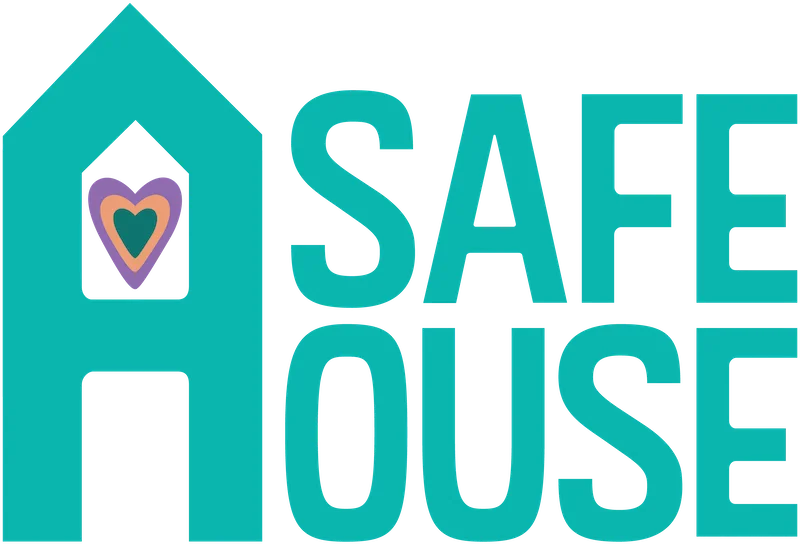safety planning
If you are in an abusive situation, it is important to have a Safety Plan in place. A safety plan is a personalized and practical plan that includes ways to remain safe while in a relationship, when planning to leave, or after you have left.
Domestic violence can escalate quickly and with little to no warning. These are general tips and only you know what strategies make sense for your situation. Remember, no plan guarantees 100% safety but it can help you to feel better prepared.
Domestic violence can happen to anyone regardless of race, age, sexual orientation, socioeconomic status, education level, religion or gender.
- If you are in immediate danger, call 911.
- Tell a trusted friend or family member. Violence thrives in silence. Telling someone about your situation may be difficult, but taking positive action to end the abuse is easier with support.
- Choose a code word to use with your children, family, friends, and neighbors so they will know when to call 911 for you. This idea can also be used for social media sites, text messaging, telephone communications, etc.
- Decide and plan where you will go if you need to flee quickly. If you are in fear for your physical safety, go to the home of a friend, relative, neighbor or to a shelter for victims of intimate partner abuse.
- Practice how to get out of your home safely. Identify which doors, windows, elevator, or stairwell would be best and avoid arguments in places such as kitchens and bathrooms.
- Open a savings account in your own name. Ask a trusted friend or family member if you can use their address for mailings or get your own post office box.
- Leave money, copies of important documents, extra medicine, and clothing with someone you trust.
- If you have children, discuss an age-appropriate safety plan for when you are not with them.
- Decide if you will inform your employer and colleagues at work about your abuser. If possible, provide them with a photograph of this person.
- Have someone escort you to your car or wait with you in public locations. Consider what you would do if something happened in public.
- File for a protective order. Even though the protection it offers has limits, breaking any part of this order can mean jail time for the abuser. Serious consequences for the abuser can result in greater safety for you.
- If you have a protection from abuse order (PFA), keep a copy of the document with you at all times. Make a copy for a trusted friend or family member to keep for you. If a child is included in the order, ensure that their school and/or caretakers also have copies.
- Seek counseling. Counseling can help you raise your sense of self-worth, empower you to make healthy choices about your life, and realize that you are not to blame for what happened.
- Use your own instincts and judgment, especially if the situation is very dangerous.
For more detailed safety plans, visit these sites and contact an advocate via our 24/7 hotline.
Have a Question?
Contact
SafeHouse of Shelby County
P.O. Box 275
Pelham, AL 35124
FAX: (205) 664-5339
(205) 669-7233 (SAFE)
safehouse@safehouse.org
